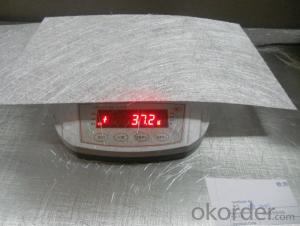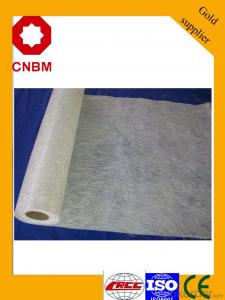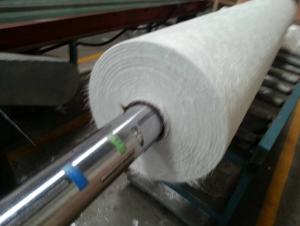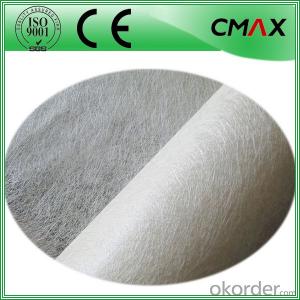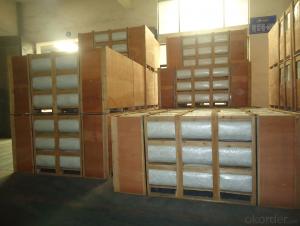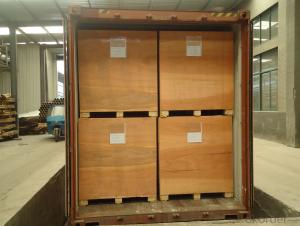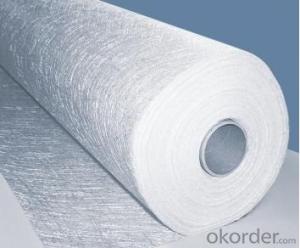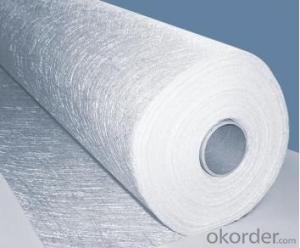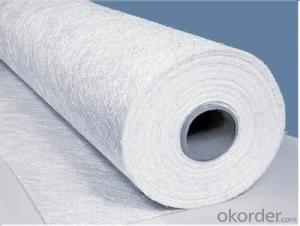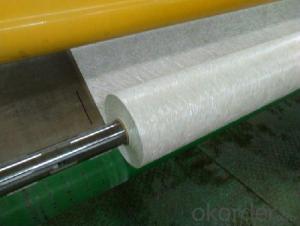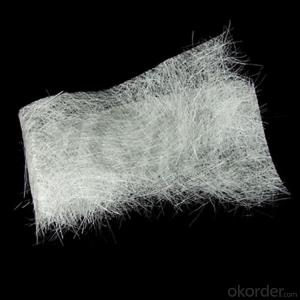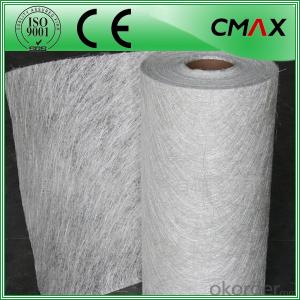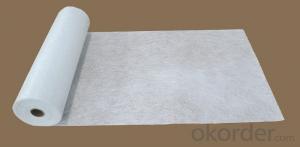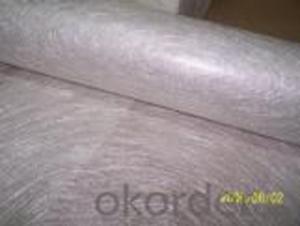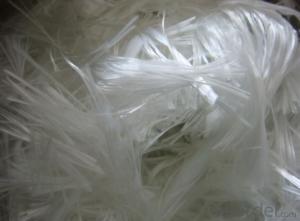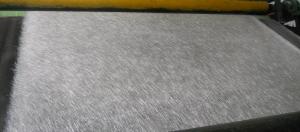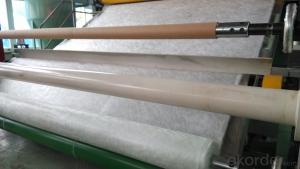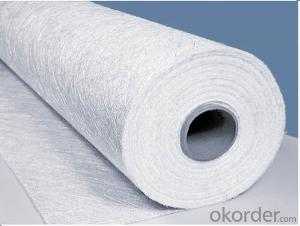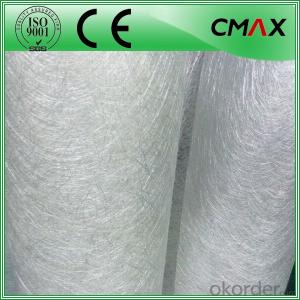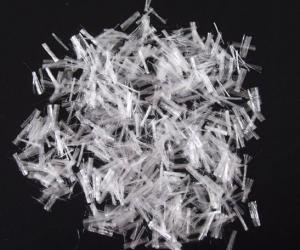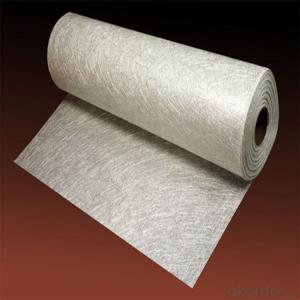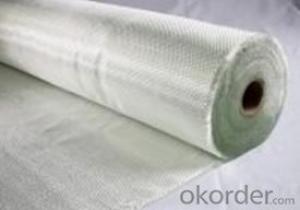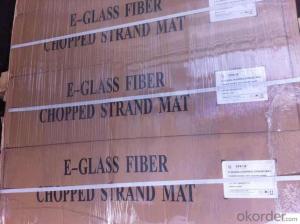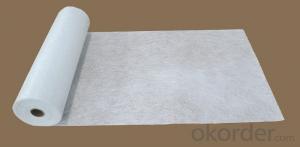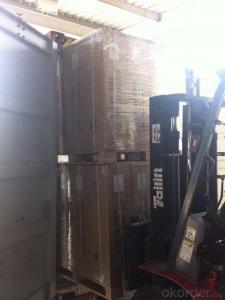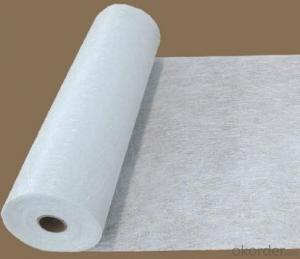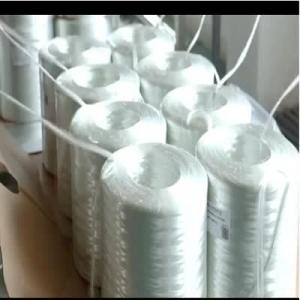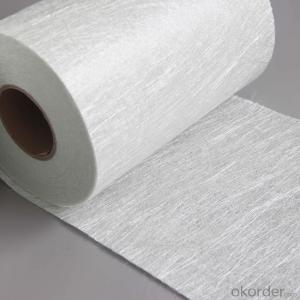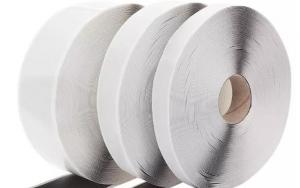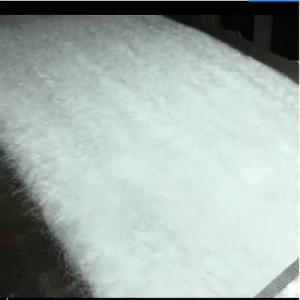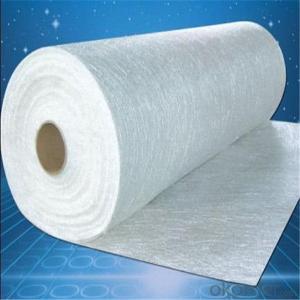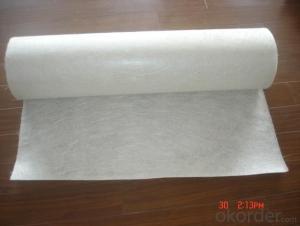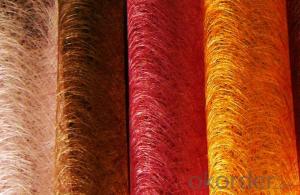300G/M2 E-Glass Chopped Strand Mat
300G/M2 E-Glass Chopped Strand Mat Related Searches
Glass Fiber Mat Concrete Fiberglass Chopped Strand Zccy Fiberglass Chopped Strand Mat Chopped Strand Fiberglass Mat P E Foam Radiant Heat Mat Chopped Strand Fibreglass Emulsion And Chopped GlassHot Searches
Esd Mat Price300G/M2 E-Glass Chopped Strand Mat Supplier & Manufacturer from China
Okorder.com is a professional 300G/M2 E-Glass Chopped Strand Mat supplier & manufacturer, offers integrated one-stop services including real-time quoting and online cargo tracking. We are funded by CNBM Group, a Fortune 500 enterprise and the largest 300G/M2 E-Glass Chopped Strand Mat firm in China.Hot Products
FAQ
- The typical roll sizes available for fiberglass mat tissue range from 50 to 100 inches in width and can vary in length, depending on the manufacturer and specific product requirements.
- Typically, fiberglass mat tissue is not employed in the process of mold making. Instead, it serves as a thin and lightweight substance composed of interwoven fiberglass strands. Its primary function lies in fortifying and bolstering composite materials, particularly fiberglass laminates. When it comes to mold making, silicone rubber, urethane rubber, or latex are commonly utilized materials. These possess flexibility and possess the ability to impeccably capture intricate details, making them optimal for generating molds of various objects. Furthermore, they possess excellent release properties, thereby facilitating the effortless removal of the mold from its original counterpart. Conversely, fiberglass mat tissue is rigid and lacks the necessary flexibility required in mold making. Rather, it finds greater suitability in applications necessitating strength and reinforcement, as opposed to the replication of intricate shapes or the creation of molds. Hence, if your aim is to fabricate molds, it is advised to select a material explicitly intended for that purpose, instead of utilizing fiberglass mat tissue.
- Fiberglass mat tissue, as an insulation material, offers numerous advantages over its counterparts. Primarily, it possesses exceptional thermal insulation properties, effectively preventing the transfer of heat and maintaining indoor temperatures at a comfortable level. This quality is particularly significant in extreme climates, where the building envelope may be susceptible to extreme cold or heat. Furthermore, fiberglass mat tissue exhibits resistance to moisture, mold, and mildew, which contributes to its longevity and durability as an insulation option. Its inability to absorb water prevents the growth of mold and the deterioration of the material over time. This attribute proves especially advantageous in areas with high humidity or a propensity for moisture accumulation, such as basements or bathrooms. In addition, fiberglass mat tissue is non-combustible and possesses a high fire resistance rating. Consequently, it serves as a safe choice for insulation, limiting the spread of flames in the event of a fire. It also acts as a barrier, impeding the fire from extending to other sections of the building and granting occupants valuable time for evacuation. Regarding installation, fiberglass mat tissue is relatively easy to handle and install. It can be conveniently cut to fit any desired shape or size, allowing for flexibility during the installation process. Its versatility is further evident in its applicability to walls, floors, ceilings, and roofs. Lastly, fiberglass mat tissue stands as an environmentally friendly option. It is manufactured from recycled glass and sand, reducing waste and conserving precious natural resources. Moreover, it remains recyclable at the conclusion of its lifespan, further minimizing its environmental impact. Overall, the exceptional thermal insulation properties, durability, moisture and fire resistance, ease of installation, and environmental sustainability of fiberglass mat tissue position it as a highly favorable choice in comparison to alternative insulation materials.
- Yes, fiberglass mat tissue can be used for making insulation boards. The tissue provides strength, stability, and reinforcement to the insulation material, making it an effective choice for insulation board manufacturing.
- Yes, fiberglass mat tissue can be used for making lightweight automotive parts. Fiberglass mat tissue is a lightweight, versatile material that is commonly used in the manufacturing of automotive parts. It offers excellent strength-to-weight ratio, making it ideal for producing lightweight components without compromising on durability and performance. Additionally, fiberglass mat tissue can be easily molded into various shapes, allowing for complex designs and customization in automotive parts. Moreover, it provides good resistance to corrosion, chemicals, and temperature fluctuations, further enhancing its suitability for automotive applications. Overall, fiberglass mat tissue is a reliable and cost-effective choice for creating lightweight automotive parts.
- Yes, fiberglass mat tissue provides some level of moisture insulation. Fiberglass is known for its water-resistant properties, and the mat tissue made from fiberglass helps to further enhance this characteristic. It acts as a barrier against moisture, preventing it from seeping through and causing damage to underlying materials. However, it is important to note that fiberglass mat tissue is not completely waterproof and may allow some moisture to penetrate over time. Therefore, it is recommended to use additional moisture insulation materials in situations where complete waterproofing is required.
- Indeed, water can be absorbed by fiberglass mat tissue. Comprised of delicate interwoven and bonded glass fibers, this tissue possesses the capacity to absorb water. Nevertheless, it does not retain the moisture for extended durations. Once fiberglass mat tissue comes into contact with water, the fibers absorb the liquid, resulting in the tissue becoming damp. However, it is important to note that fiberglass as a material is not susceptible to water damage, given that its non-porous fibers do not deteriorate when exposed to moisture.
- Yes, fiberglass mat tissue is suitable for insulation in hospitals. It provides excellent thermal insulation properties and is fire-resistant, which is crucial for ensuring the safety of patients and staff in healthcare environments. Additionally, fiberglass mat tissue is a durable and cost-effective option for insulation, making it a practical choice for hospitals.

